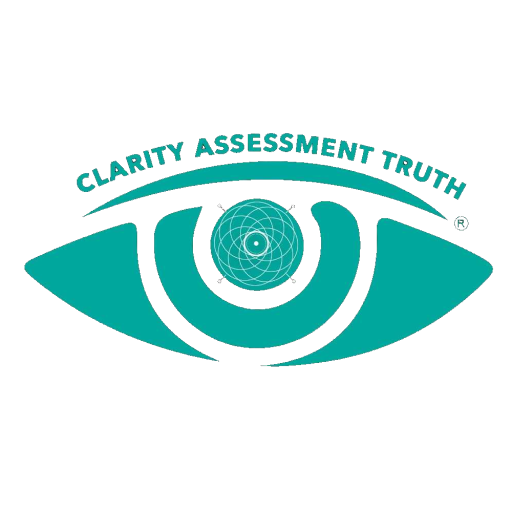Psychological Abuse is a particularly insidious form of abuse that can leave deep emotional scars, often without any visible physical signs. It can happen in various relationships, including between partners, parents and children, friends, or colleagues.

Psychological Abuse refers to emotional or non-physical abuse repeatedly directed from one individual to another, causing significant distress or impairment to the victim’s overall well-being. It may include degradation, exploitation, harassment, intimidation, rejection, and excessive control or manipulation.
Identifiable Victim Markers (IVMs):
• Labeling: Using demeaning or derogatory names or labels to diminish the victim’s self-esteem.
• Negativity: Persistent negativity or criticism that undermines the victim’s confidence and sense of self-worth.
• Self-doubt: The victim may begin to doubt their own judgment, abilities, or perceptions, leading to a lack of confidence.
Possible Additional IVMs:
• Anxiety: Persistent psychological abuse can lead to chronic anxiety and stress disorders.
• Depression: The continuous undermining of self-esteem can contribute to depression.
• Isolation: Victims might withdraw from friends, family, or social activities.
• Compliance: The victim may comply with the abuser’s demands to avoid further emotional pain.


